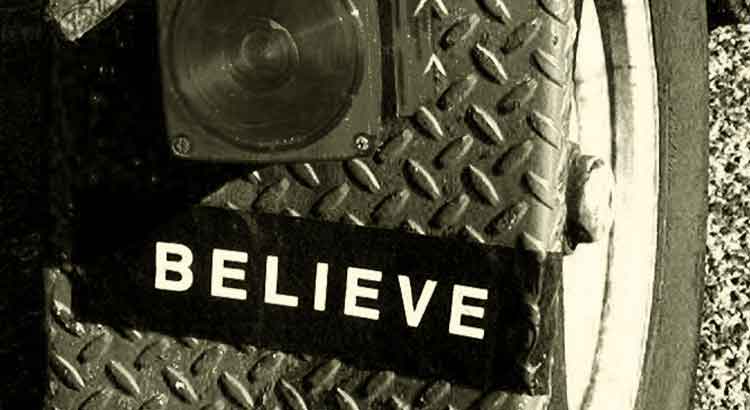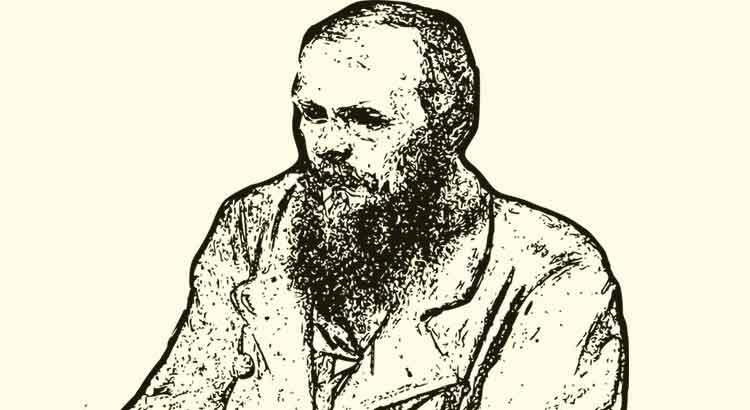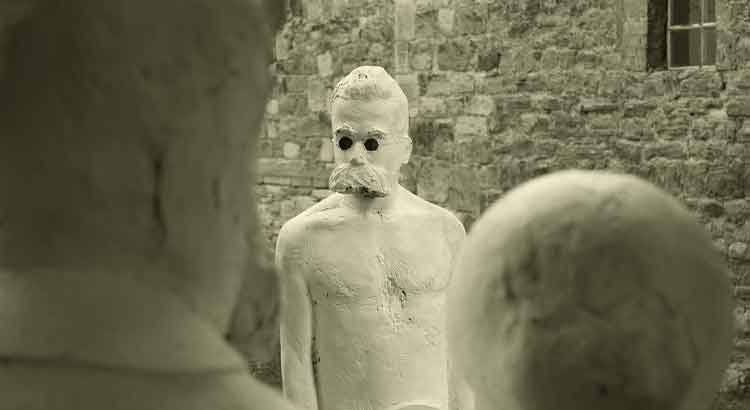It can be admitted without much difficulty that a dog is capable of thinking. However, a dog certainly does not believe. I say this and I notice a human differential. A differential that I cannot summarize as a blessing or weakness: belief elevates the human being above all other animals to the same extent that it makes him susceptible to error and evil. If I have great esteem for skeptics, I realize that they lack something. Sometimes it seems necessary to embrace a weakness to transcend the mediocrity of the concrete…
Category: Notes
400 Days Without Dostoevsky
I exercise my tare for numbers. I am now 400 days without reading a page of Dostoevsky. Everything indicates that I will chase the record of 635 days of abstinence since the first contact. I seem to have fun looking elsewhere for what I already know I will not find. Dostoevsky’s work is a rare stage where the true and greatest problems of human existence are represented. But that is not what I wanted to say… I have a habit of evoking in mind my idols and making comparisons. I notice my mediocre problems and twists and turns, so I visualize, for example, the genius orphaned by his mother at fifteen, with his father murdered at seventeen and sentenced to death ten years later. But that is not all. I also compare the bitterness of these lines with the light emanating from those of the genius. All this even though I am not in physical contact with his books. Then I reflect. It is good to synthesize a work by exposing the problems it deals with and, when they exist, the solutions it offers. But beyond this: one does it well by delineating the various nuances that compose it. And in Dostoevsky, good humor abounds, even if the blind man cannot see it. His biography is summarized in a succession of difficulties of the most varied natures, and his work, synthesized, represents a hopeful and optimistic outlook that prevails over all of them. It is interesting to note the contrast, i.e., the apparent contrast that we see when we use the myopic and materialistic viewpoint that summarizes the experience in “good” and “bad” situations, “successes” and “misfortunes”, and compare the life and work of great personalities. If we consider that a work largely reflects experience, the mind points us to impressive conclusions.
The Modern Trend of Producing “Experts”
There is, worldwide, a blatant tendency to produce “experts”. In principle, it is natural that all areas should be deepened and that more and more detailed studies should be made available to the average student. However, the question remains: What about the whole? What about the connection between different areas of knowledge? I say and think about two things. First, in Carpeaux’s monumental História da literatura ocidental, a work that the more I analyze it, the more I find it valuable: in it, which could never be classified as “superficial,” more than twenty centuries of culture are magnificently concatenated. The student sees the impossible link shining before him and conquers, in relatively few pages, a vision that allows him to move through the most diverse currents of thought. A work of this kind is the opposite of the current intellectual trend. Secondly, I think about the students. Multiple interests, diversified study does not usually make careers: he who becomes an “expert” grows. By becoming an “expert”, the student flirts with the possibility of knowing one area and ignoring all the others, ignoring, as well, the real applicability of the knowledge itself. Well done! Which is worth more, or what is the point of studying? It seems to me that the main distinction between modern intellectuals lies in the answers.
Nietzsche Symbolizes Freedom of Spirit
It is very difficult to recognize the autonomy of those who seem unscathed by Nietzsche’s outbursts. They like to stone him, take him out of context, detach him from the nobility of character that is peculiar to him. Nietzsche symbolizes freedom of spirit, power, intellectual courage. To undermine him seems to me, above all, to undermine these three very noble qualities.



